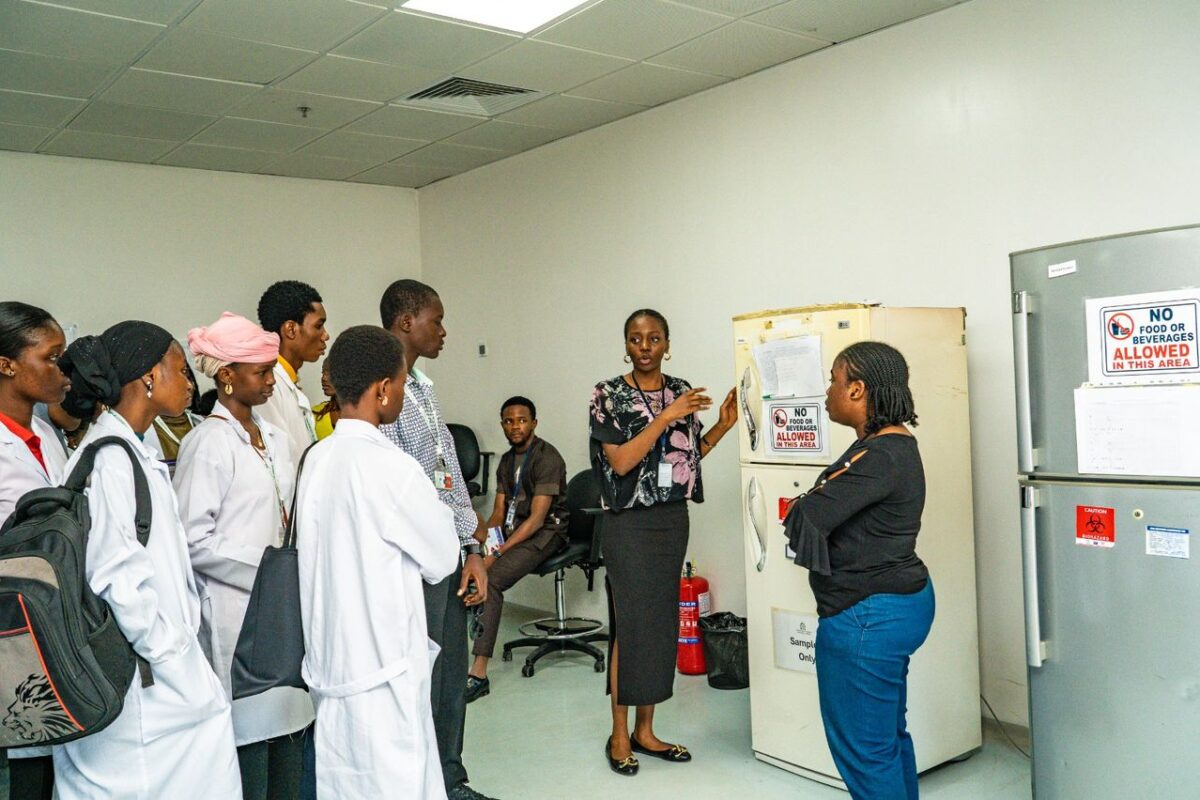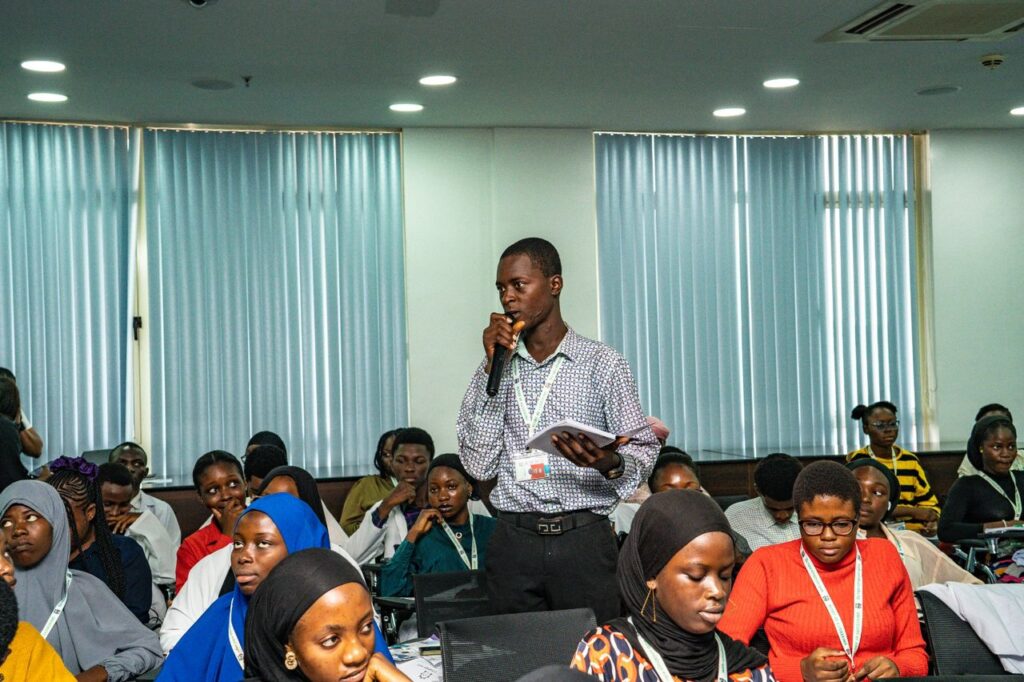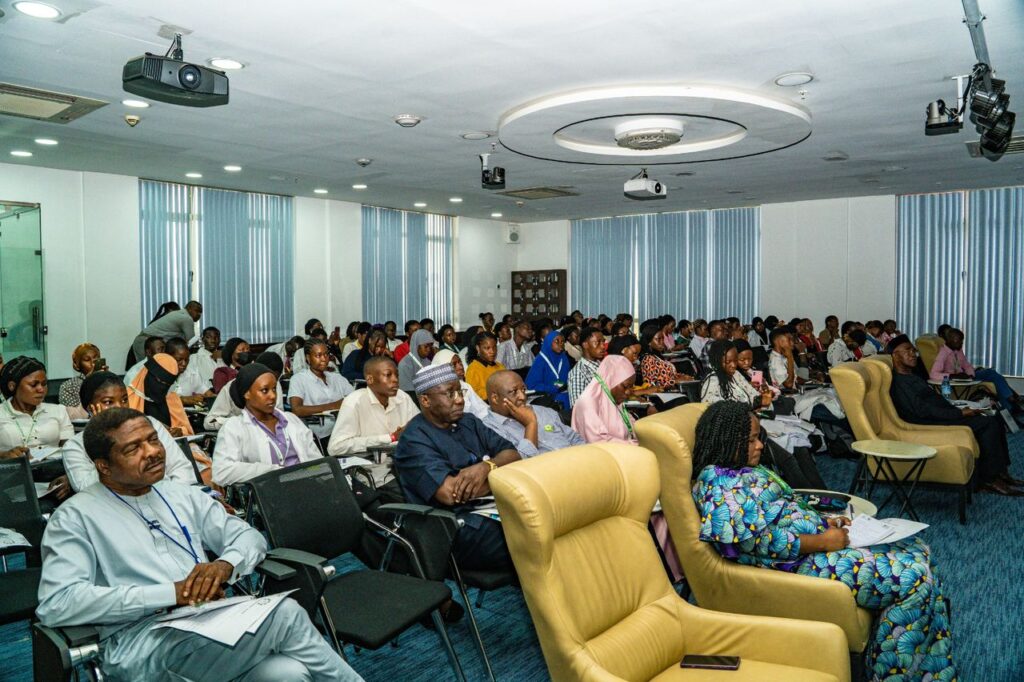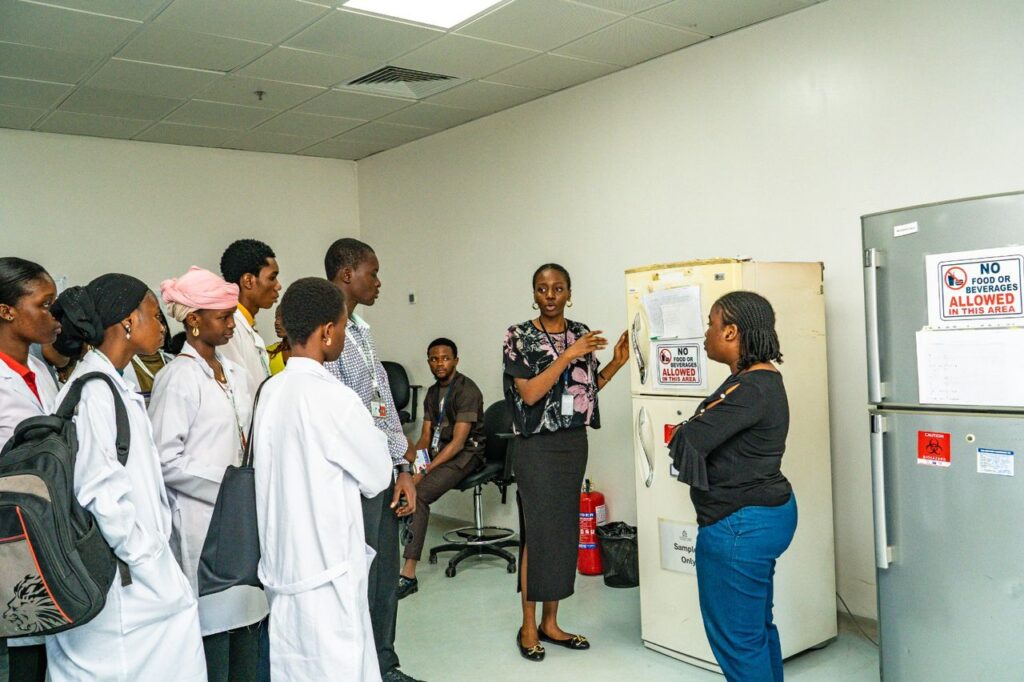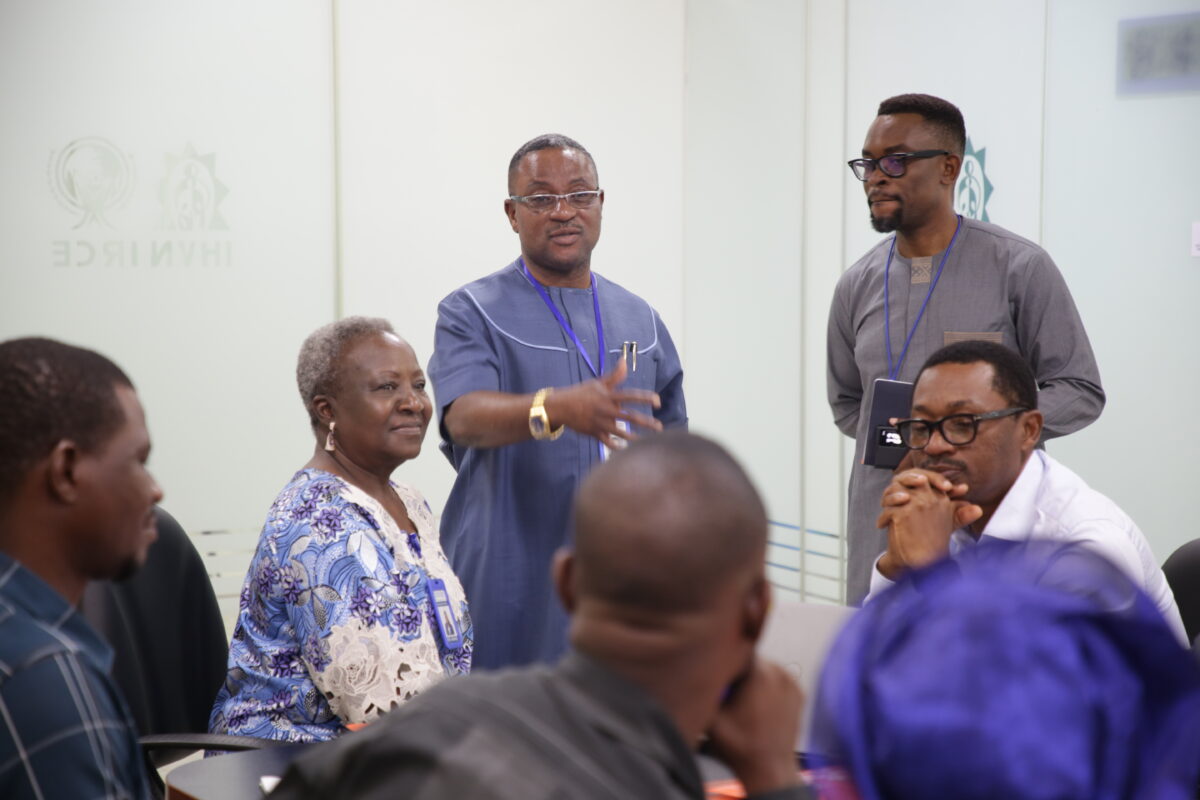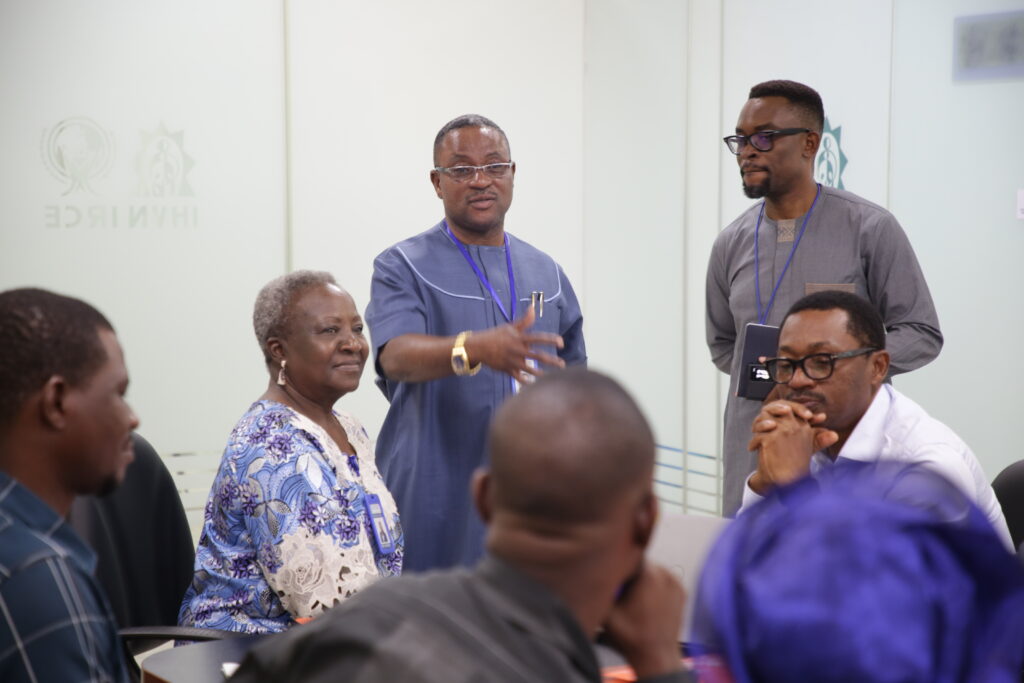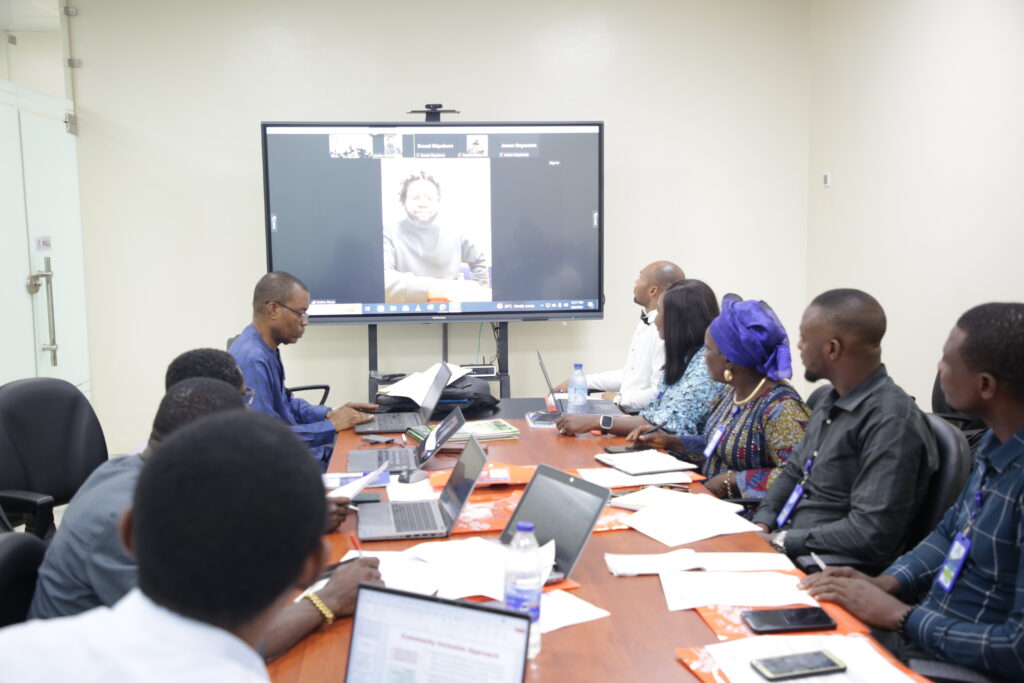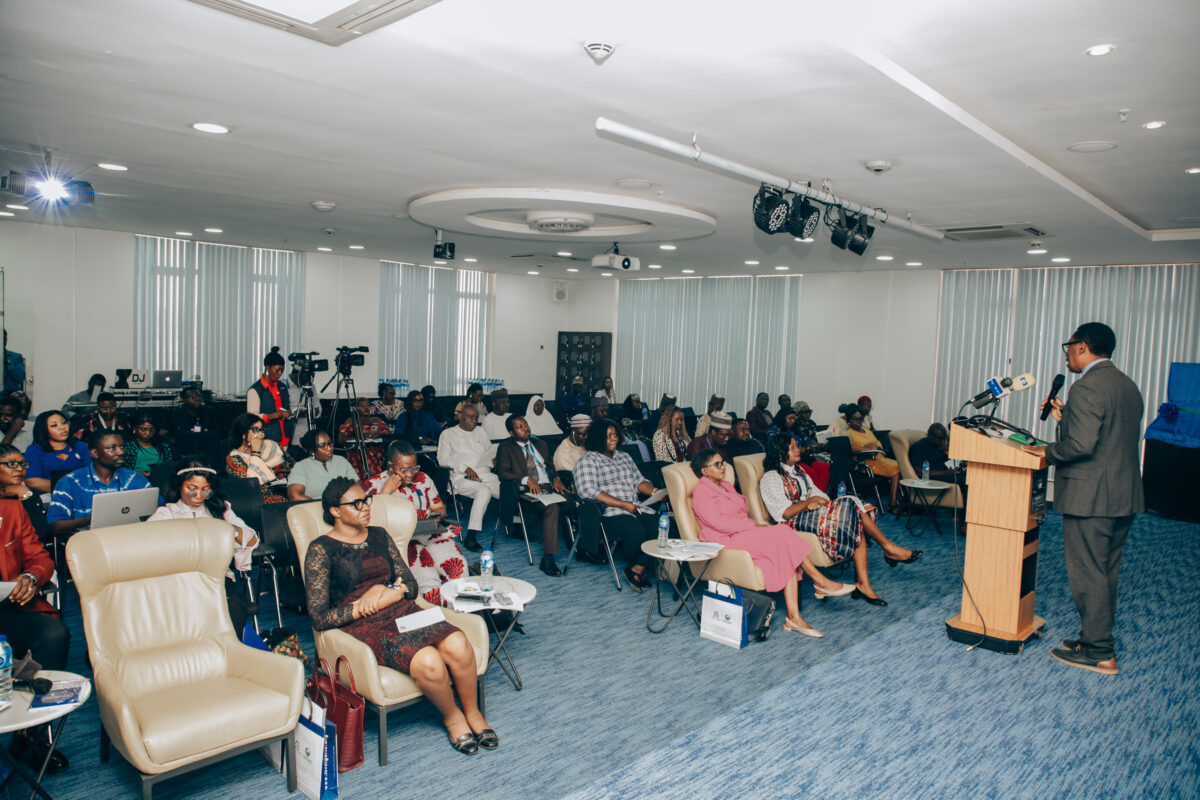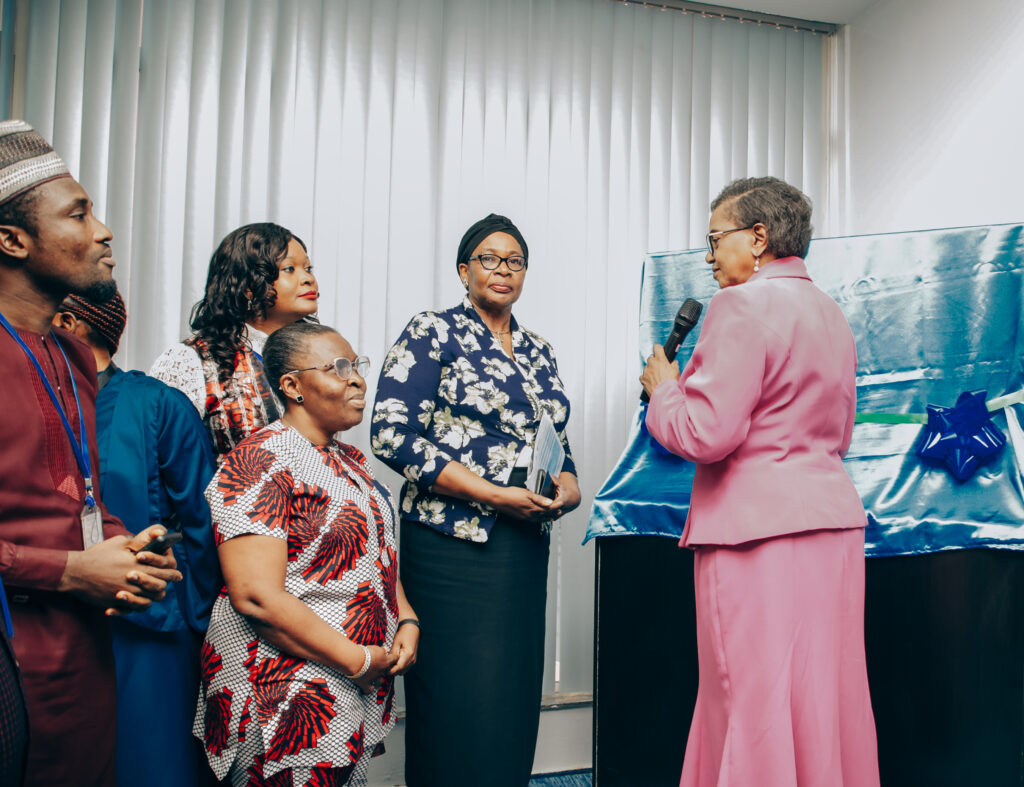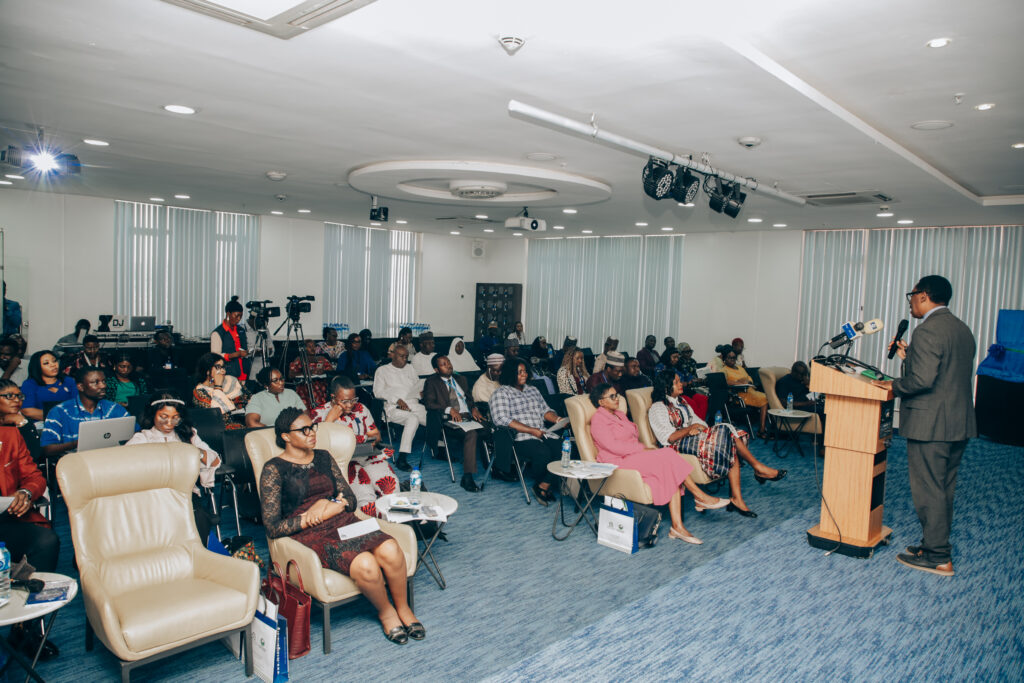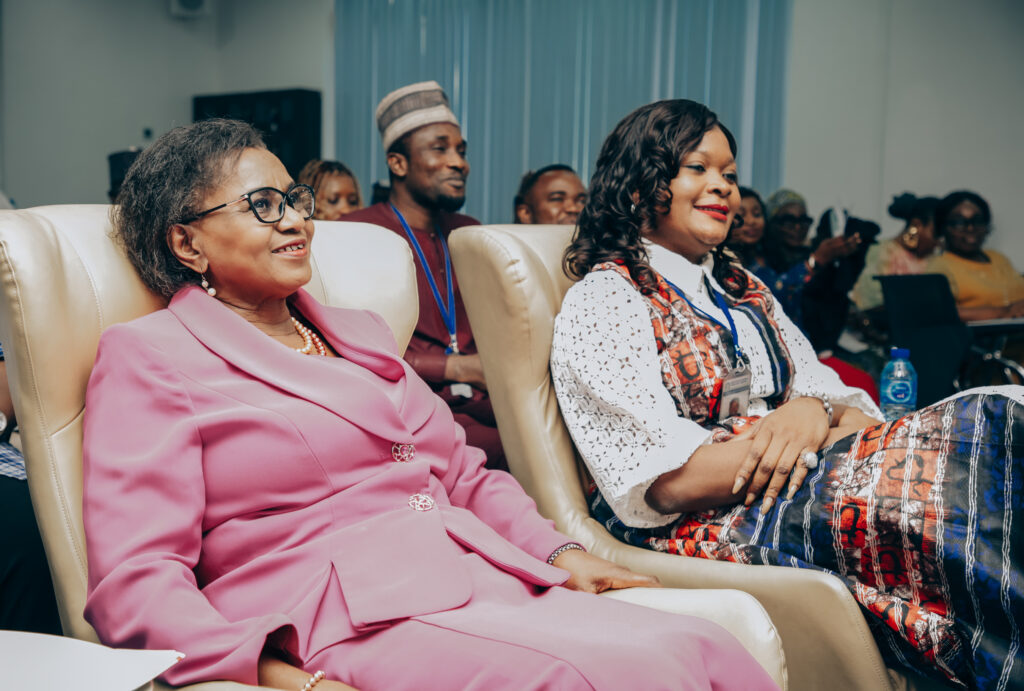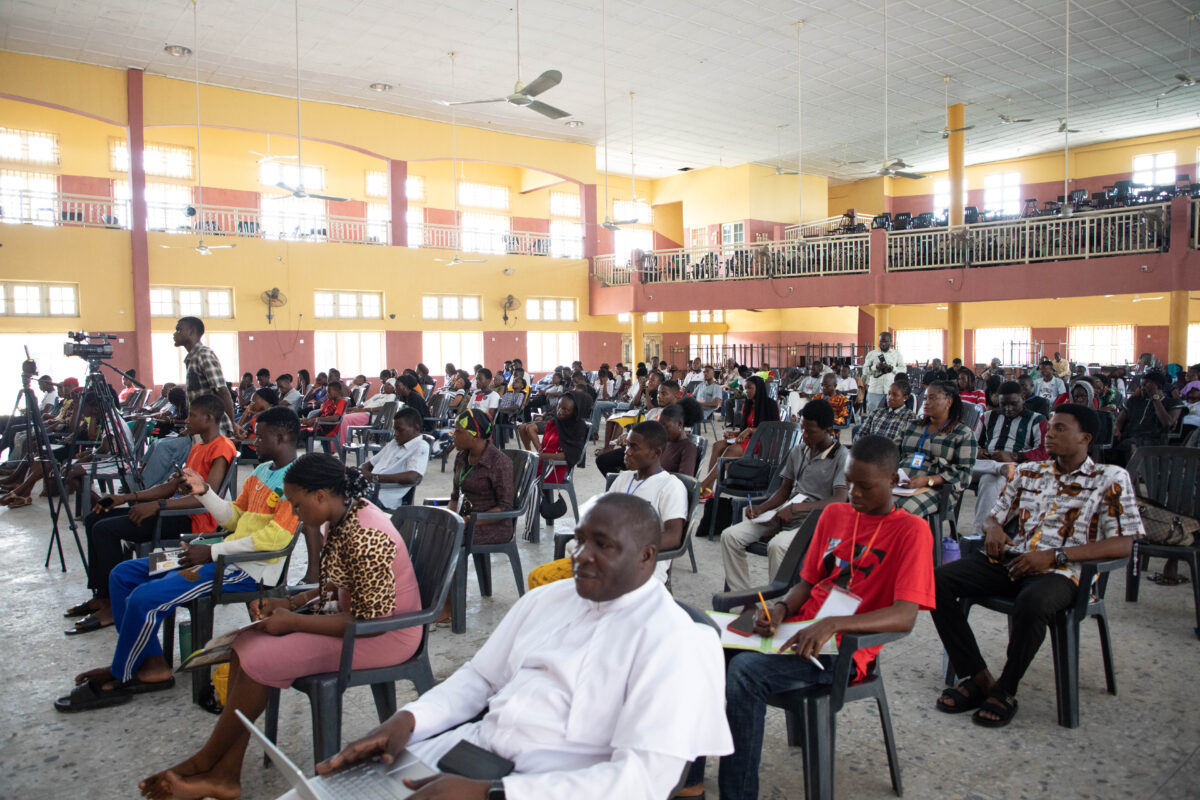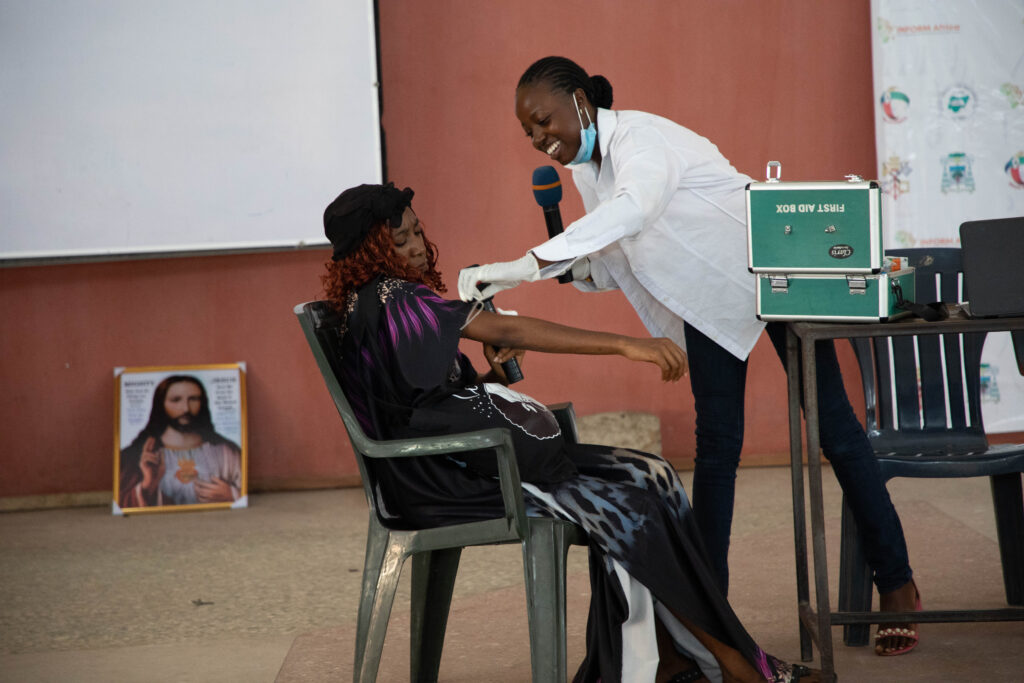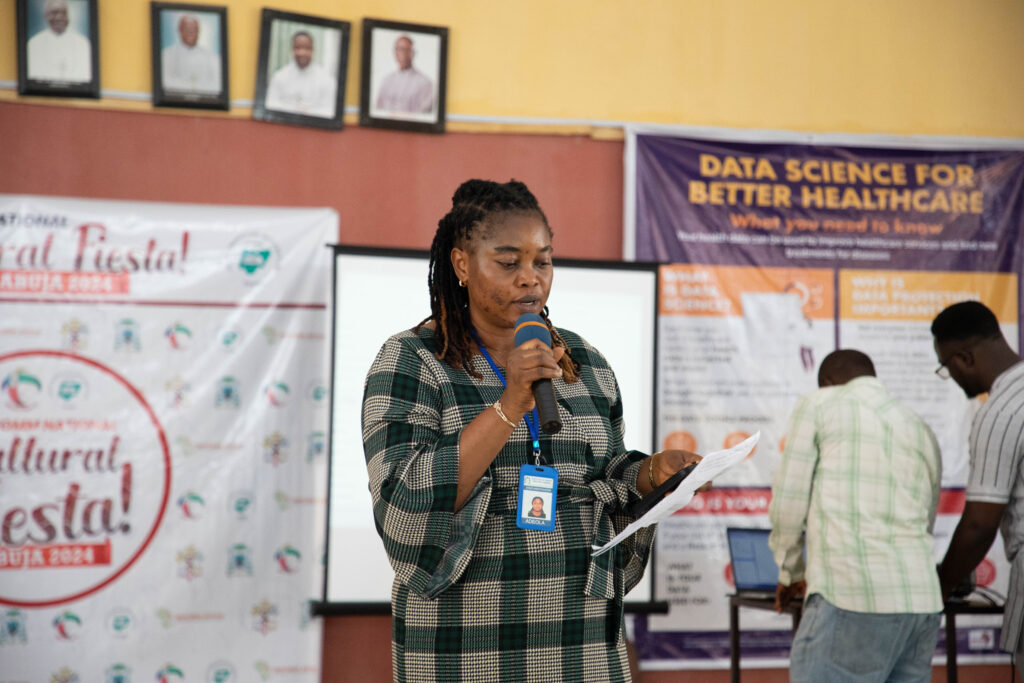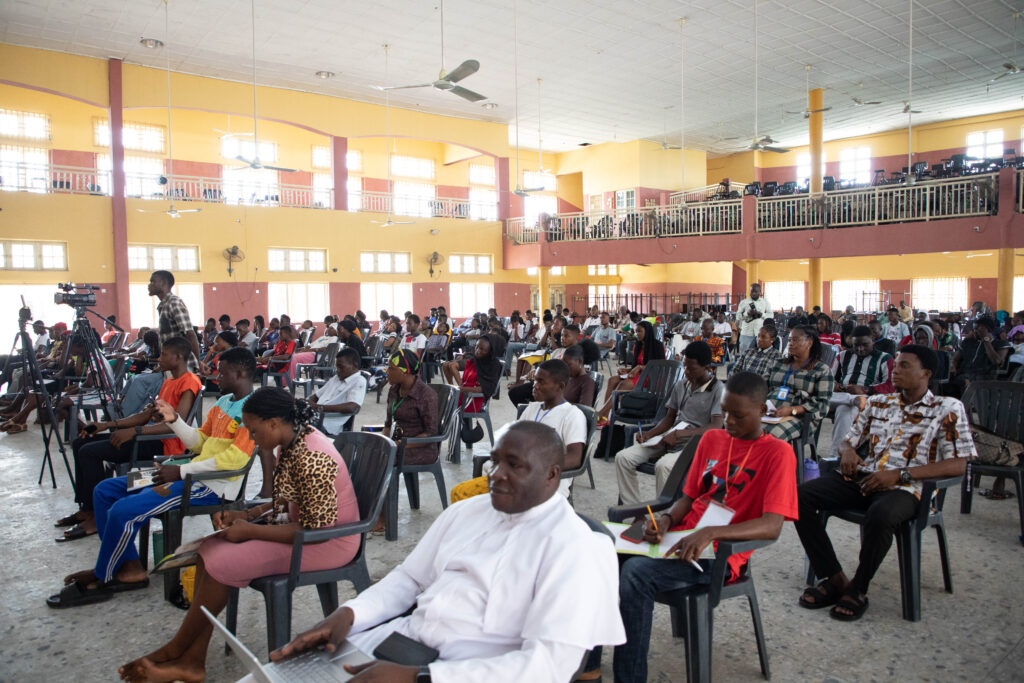The Institute of Human Virology (IHVN) is a leading and reputable non-governmental organization addressing infectious and non-infectious diseases such as HIV, tuberculosis, and cancer through prevention, diagnosis, treatment, capacity building, research, care, and support services. IHVN is in partnership with local and international organizations and the different tiers of the government of Nigeria at the national, state, and Local levels. The vision of the Institute is to provide quality health services, capacity building, and research in West Africa and beyond.
To further drive quality and engender global best practices in HIV and TB care and treatment, IHVN is seeking qualified candidates for the position below:
| Position | Senior Program Officer-Treatment |
| Scheduled Work Time | Monday – Friday (Flexibility, willing to travel and work weekends) |
| Reports to | Treatment Lead and Head of Department |
| Location | Central, Abuja |
Opening Date: 3rd October 2024
Closing Date: 16th October 2024
Description and objectives
Under the supervision of the Director of Prevention Care and Treatment Department and the Treatment Lead, he/ she will ensure high-quality HIV and TB services in line with the 95-95-95 UNAIDS goal. She/He will provide technical expertise in implementing high-impact interventions to ensure quality service delivery across all program areas. She/He will coordinate the day-to-day implementation of all ART services in the assigned health facility and guide program implementation according to the National Treatment Guidelines.
Job Duties and Responsibilities:
- Supervise treatment activities while ensuring that evidence-based, high-impact, cost-effective interventions to prevention care and treatment activities across all thematic areas (Pharmacy, Adult ART, NCD, Pediatric and Adolescent HIV and TB-HIV) services, including but not limited to TB and HIV prevention services, case finding, contact tracing, treatment, and integration of TB, HIV and NCD services.
- Carry out close coordination, collaboration, advocacy, alignment, and integration to improve services.
- Provide technical guidance to healthcare providers to render effective and efficient quality of care to People Living with HIV (PLHIV) across all the treatment areas.
- Support staff stationed in facilities (ESM leads) who offer mentorship to healthcare providers to improve and maintain the standard of care through ongoing performance assessment and feedback.
- Provide technical guidance for effective and efficient TB, HIV and NCD prevention and treatment services.
- Ensure that routine mentorship is offered to healthcare providers and volunteers to build their capacity to make effective referrals and linkages.
- Data analysis and interpretation for management decision
- Participate in the donor progress report writing, continuation application, quarterly review report writing, and presentation.
- Ensure project reports are developed and submitted on time and are of good quality and that the evidence they contain is accurately captured and submitted monthly.
- Collaborate with relevant stakeholders- Government of Nigeria, Global Fund, US President’s Emergency Plan for AIDS Relief (PEPFAR), and other Implementing Partners and ensure representation at meetings as appropriate.
- Any other duties the Head of Department, or Chief Executive Officer assigns.
Required competencies.
- Core requirements
- Good communication (oral and written) and facilitation skills with proficiency in computer programming – Word processing, spreadsheet, presentation skills, and video conferencing are required.
- Proficiency in data analysis and good inter and intrapersonal communication skills.
- Proficiency in program narrative and proposal writing.
- Ability to work under pressure to meet organizational targets/goals.
- Ability to evaluate data and prepare quality reports, often under pressure and in complex situations.
- Being goal-oriented with the ability to plan and organize, make decisions, manage time, and practice critical thinking.
- Good interpersonal skills and ability to work effectively in a team.
- High impact influencing and persuasive skills, and able to represent the organization to donors and other stakeholders.
Education and experience
- Academic training:
Must possess a bachelor’s degree in medicine. Master’s level/Postgraduate qualification in Public Health, Epidemiology, or a relevant field is an added advantage.
- Experience
- At least four years of experience working with the HIV/TB programs at various levels, planning and managing projects.
- Experience in building capacity at individual and organizational levels.
- Excellent personal communication skills in written and verbal English,
- Fundamental skills in project planning, design, implementation, and monitoring.
- Ability to work independently and deliver quality work on time.
- Good interpersonal skills and ability to work effectively in a team.
- Ability to deliver under pressure with minimal guidance.
- Ability to meet deadlines according to lead-down rules.
- Stakeholder management skills and ability to appropriately represent the organization by engaging with donors and other stakeholders.
- Good experience using Ms. Word, Excel, or PowerPoint applicable software related to the position.
Knowledge, Skills, and Abilities:
- Excellent leadership and self-sufficiency.
- Communication skills in English.
- Ability to work well as part of a team.
- Demonstrate organizational skills and attention to detail.
- Excellent computer skills with MS Word, Excel, and PowerPoint
Safeguarding (PSEAH):
As an organization, IHVN takes the issue of Protection against Sexual Exploitation, Abuse, and Harassment (PSEAH) seriously, because safeguarding the people we interface with in all our programmatic work is of the utmost importance to us.
IHVN only recruits’ representatives who are suited and abide by the strict responsibility of SEAH.
By applying to this role, you are agreeing to IHVN carrying out a background check on you for SEAH records and you also confirm that you will not breach the IHVN policy on SEAH (before or after being hired).
Equal employment opportunity statement:
IHVN is an equal employment employer. We do not engage in practices that discriminate against any person employed or seeking employment based on religion, gender, national or ethnic origin, age, marital status, genetic information, or any other status or characteristic protected under applicable laws.
Mode of Application:
- Application letter and detailed curriculum vitae in Microsoft Word format should be forwarded to the Assistant Director, Human Resources through this email address: [email protected] This e-mail address is being protected from spambots. You need JavaScript enabled to view it
- This advert closes 14 days from the date of this publication, and only shortlisted candidates will be contacted.

